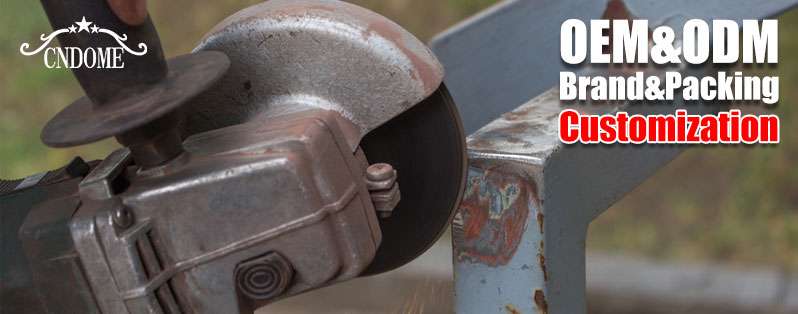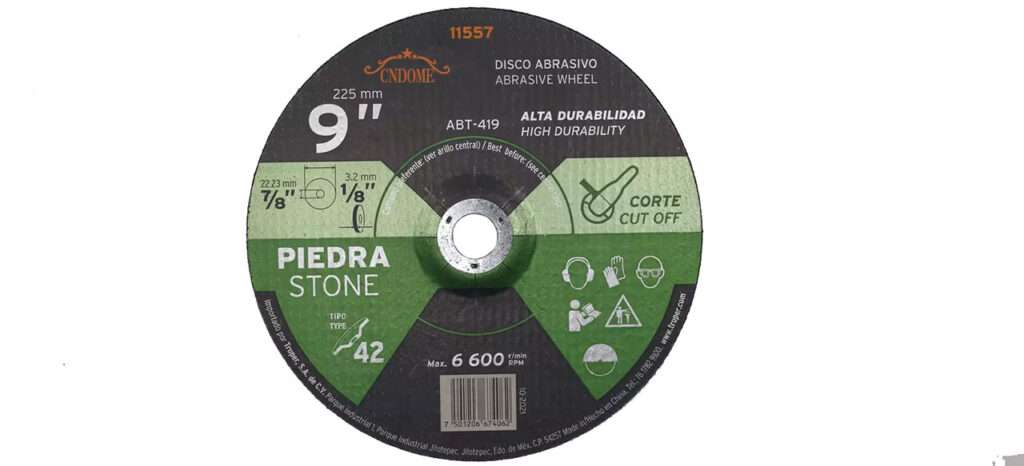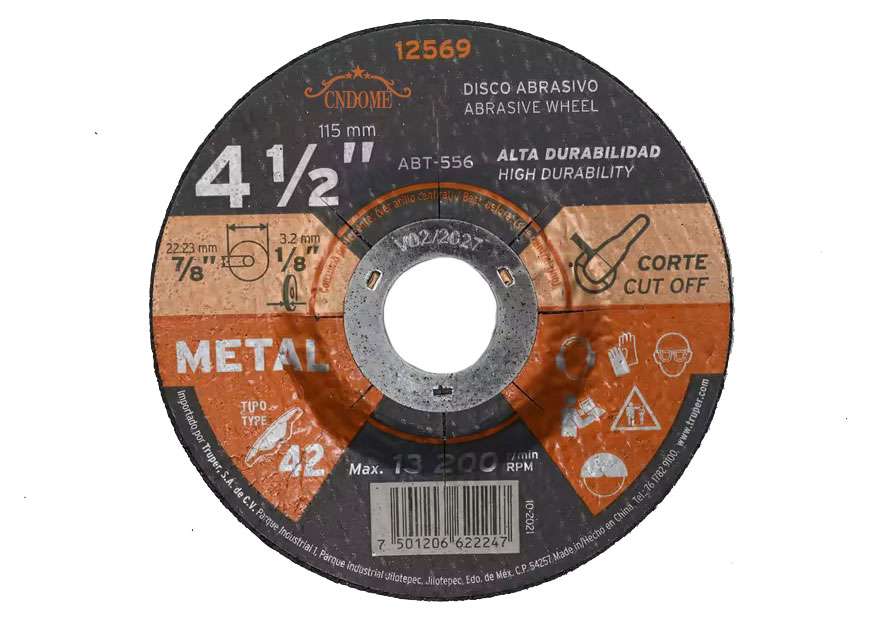Importing grinding wheels can be a lucrative business venture, provided you navigate the complexities of international trade effectively. Grinding wheels are essential in various industries, including metalworking, woodworking, and construction. Their import can meet the growing demand for high-quality, specialized products that enhance productivity and precision. This blog will guide you through the essential steps and considerations for successfully importing grinding wheels.
1. Understanding the Market Demand
Before diving into the import business, it’s crucial to understand the market demand for grinding wheels in your region. Research the types of grinding wheels in demand, such as:
- Straight wheels: Commonly used for surface grinding.
- Cylinder wheels: Ideal for grinding large, flat surfaces.
- Tapered wheels: Perfect for grinding threads and gear teeth.
- Diamond wheels: Used for grinding hard materials like ceramics and carbide.
2. Sourcing Reliable Suppliers
Finding reliable suppliers is the backbone of a successful import business. Look for suppliers with a good track record, quality certifications, and positive reviews. You can find potential suppliers through:
- Trade fairs and exhibitions: Great places to meet manufacturers and suppliers face-to-face.
- Online marketplaces: Websites like Alibaba, Made-in-China, and Global Sources.
- Industry associations: Organizations like the Abrasive Manufacturers Association.
3. Quality Control and Standards
Quality control is paramount when importing grinding wheels. Ensure your supplier adheres to international quality standards such as ISO and ANSI. Request samples and perform rigorous testing to verify the quality. Key aspects to check include:
- Material composition: Ensure it matches your requirements.
- Durability: Assess the lifespan of the grinding wheel.
- Performance: Test the wheel under various conditions to ensure consistent performance.
4. Navigating Import Regulations
Every country has specific import regulations that you must adhere to. Some steps to navigate these regulations include:
- Customs Documentation: Ensure all necessary documents, like invoices, packing lists, and certificates of origin, are in order.
- Tariffs and Duties: Understand the applicable tariffs and duties for grinding wheels in your country.
- Compliance: Ensure compliance with local safety and environmental regulations.
5. Logistics and Shipping
Efficient logistics and shipping are crucial for timely and cost-effective imports. Consider the following:
- Freight Forwarders: Hiring a reliable freight forwarder can simplify the shipping process.
- Shipping Methods: Choose between air freight for faster delivery or sea freight for cost savings.
- Insurance: Ensure your shipment is insured to protect against potential losses or damages.
6. Building Relationships with Suppliers
Building strong relationships with your suppliers can lead to better terms, priority service, and higher quality products. Maintain open communication, pay promptly, and address issues collaboratively.
7. Marketing and Sales Strategy
Once your grinding wheels arrive, it’s time to market and sell them effectively. Consider:
- Target Audience: Identify your target audience, such as industrial manufacturers, metalworkers, or retailers.
- Sales Channels: Utilize online platforms, direct sales, and distribution networks to reach your customers.
- Marketing: Invest in digital marketing, trade shows, and advertising to increase visibility.
Conclusion
Importing grinding wheels can be a highly profitable venture if done correctly. By understanding market demand, sourcing reliable suppliers, ensuring quality control, navigating import regulations, and optimizing logistics, you can build a successful import business. With a strategic marketing and sales approach, you can tap into the growing demand for grinding wheels and achieve business success.
Stay informed, plan meticulously, and build strong partnerships to make your import business thrive. Happy importing!



